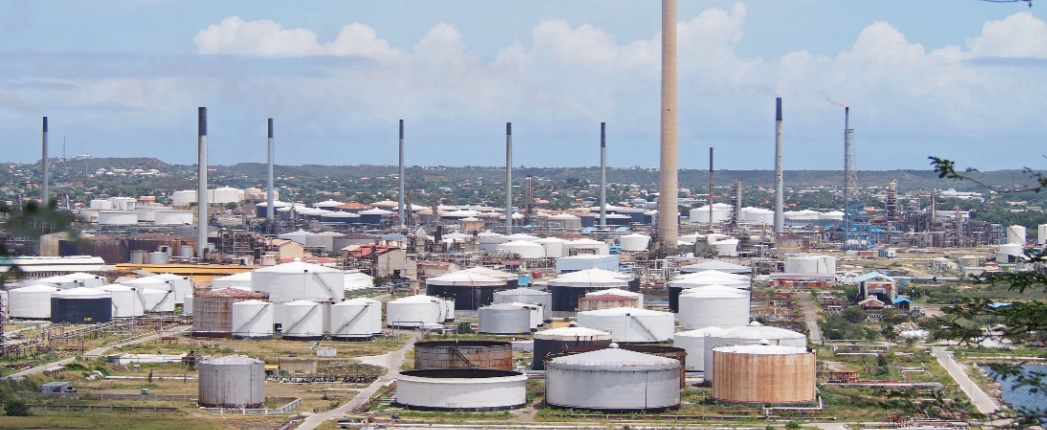
In another twist of the Isla Refinery saga, Curacao government officials confirmed the preferred bidder seeking to operate the facility provided several forged documents from its financial partners but absolved it of any responsibility and said it will continue negotiations.
Refineria di Kursou, the Curacao government agency that owns the Isla Refinery, entered exclusive negotiations with the Caribbean Petroleum Refinery last June and targeted September to strike an agreement. Negotiations have yet to conclude.
CPR is comprised of six United States companies and one Brazilian company, which have not been identified.
A local news outlet in December reported that the Netherlands Forensic Institute examined the documents and confirmed some of them were forged. RdK released a statement to local papers that one of the possible investors provided some documents that looked suspicious, and the NFI ended up intercepting dozens of forged documents. The agency declined to comment further.
Included in the documents was a letter from a London-based international bank stating one of the investors had U.S. $5.5 billion to support the restart and operation of the refinery. The bank denied writing this letter.
Still, negotiations will continue. Curacao Prime Minister Gilmar Pisas said there is no link between CPR and the forged documents, and that the government will give the consortium the benefit of the doubt.
Caribbean Petroleum Refinery wants a 30-year lease with an option for an additional 10 years. The consortium projects an investment of U.S. $650,000 in the first three years for repair and revision work, and to safely start up the facilities. The refinery will be converted to run on gas.
The two sides reached an agreement last August to restart the facility’s oil terminal, independent from negotiations to operate the refinery. CPR operates 11 tanks for storage.
The companies are represented in negotiations by Socap Corp., a business consulting firm from Weston, Florida.
More than 50 companies showed interest in operating the facilities, of which a select number were chosen by a committee to continue with the process. Final proposals from those companies were due by the end of last March. Three companies submitted proposals.
While the last few attempts to find a partner required virtual data and tours of the facility because of the pandemic, this time interested companies could visit the refinery in person for an in-depth inspection.
The previous preferred bidders over the past five years were local consortium CORC, German oil trader Klesch Group, U.K.-based SPS Drilling E&P, U.S.-based Motiva and Chinese company Guangdong Zhenrong Energy.
CORC, Klesch Group and SPS Drilling each signed a lease agreement, but all deals fell through for various reasons.
State-owned Petroleos de Venezuela S.A. operated the facility until 2019, though the refinery was idled beforehand due to economic sanctions imposed against Venezuela and a failure to secure crude oil after ConocoPhillips sued over a disputed payment.
Isla Refinery is a 335,000-barrels-per-day fuel refinery that had Venezuelan state-owned PdVSA operated since 1985. The refinery includes a base oil plant with capacity to produce 5,000 b/d of API Group I paraffinic base oils and 3,700 b/d of naphthenic base stocks.